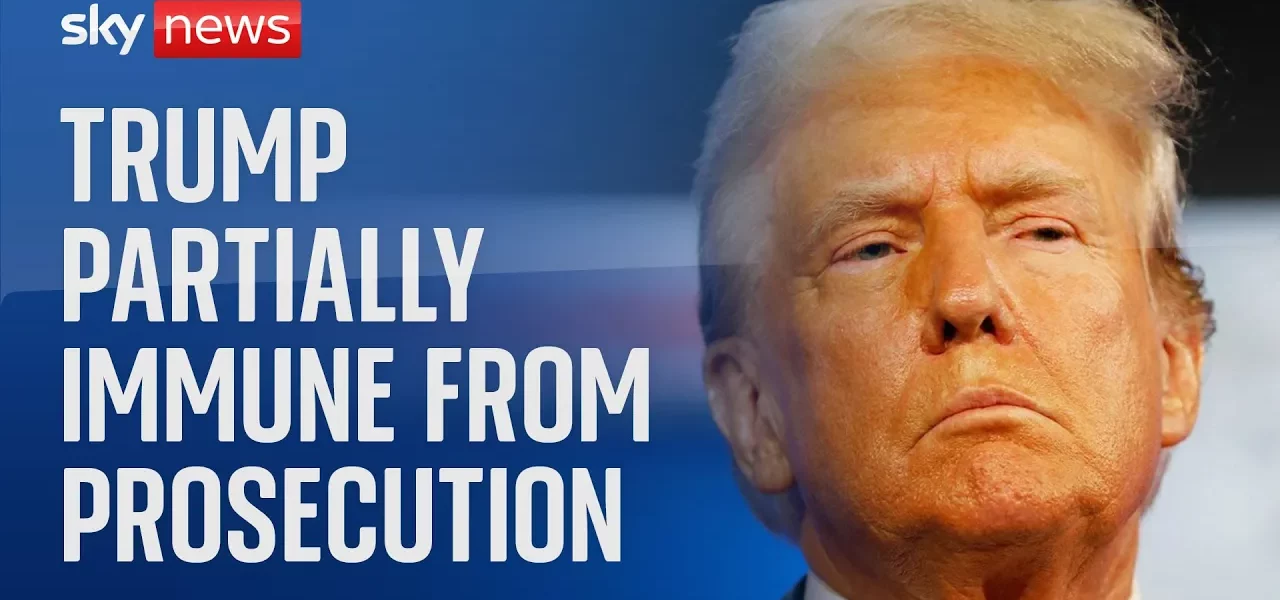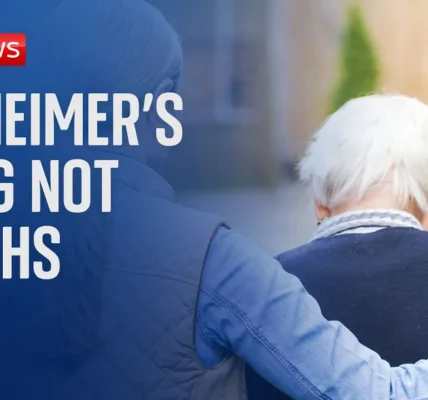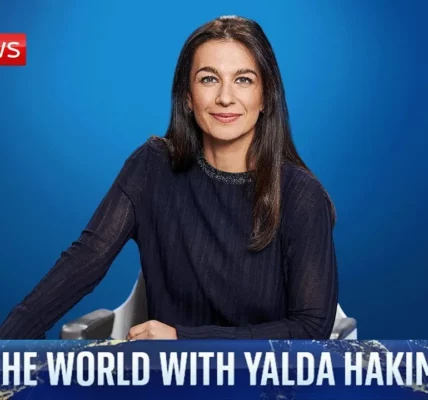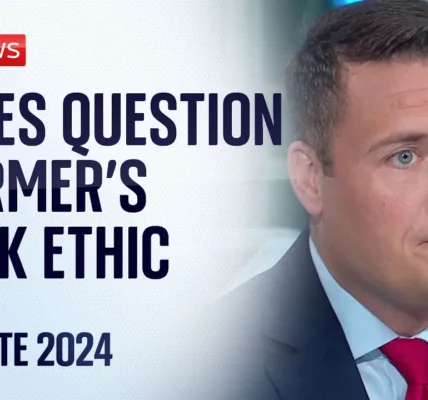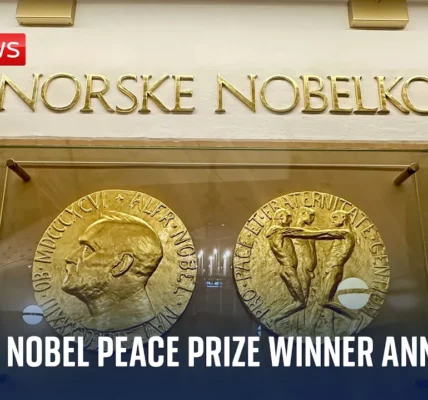A Thunderous Episode: Donald Trump’s Election Subversion Trial and Its Implications

This article delves into the significant legal proceedings surrounding Donald Trump’s trial on election subversion, exploring its implications for the rule of law in the United States and the presidency itself.
Introduction
The ongoing legal battles faced by Donald Trump have captured national attention, especially regarding his trial for election subversion. This case has reached the highest court in the land, the Supreme Court, and its decisions could reshape the legal landscape for future presidencies. The charges against Trump involve serious allegations, including obstruction of the electoral certification process and intimidation of voters. Understanding the nuances of this case is essential for grasping its implications not only for Trump but for the integrity of the American political system.
Background of the Case
The legal saga began with Trump’s alleged involvement in the events surrounding January 6th, when a mob stormed the Capitol in an attempt to overturn the election results. The charges brought against Trump include:
- Encouraging the January 6th protests
- Obstructing the certification of the 2020 election
- Intimidating voters
These charges have far-reaching implications not only for Trump but for the precedent they set regarding presidential accountability.
Supreme Court’s Ruling
The Supreme Court’s recent ruling has provided a significant development in the case. Trump’s legal team argued that a sitting president should not face criminal charges, asserting that such actions could hinder the president’s ability to perform their duties effectively.
Qualified Immunity Explained
The Court ruled that Trump enjoys a form of qualified immunity for actions taken in his official capacity. This means:
- He has protection for official acts performed while in office.
- He does not have immunity for actions taken as a private citizen.
This distinction allows the lower courts to determine which actions fall under official duties and which do not, potentially narrowing the scope of the charges against Trump.
Implications for Presidential Accountability
The ruling has sparked a heated debate about the protections afforded to presidents and the potential for abuse of power. Dissenting opinions from justices, including Sonia Sotomayor, raise concerns about the ramifications of such a ruling:
Concerns Raised by Dissenting Justices
Justice Sotomayor voiced her apprehension regarding the implications of the ruling, questioning whether it grants too much leeway for a corrupt president. Key points of concern include:
- Could a president order assassinations and escape accountability?
- What about engaging in a military coup to maintain power?
- Does this open the door for accepting bribes in exchange for pardons?
These questions highlight the delicate balance between presidential powers and the necessity for accountability in a democratic society.
Public Reaction and Future Implications
The public’s reaction to the Supreme Court’s decision has been mixed. While Trump supporters may view it as a victory, many anti-Trump protesters have gathered to express their concerns about the implications for democracy and the rule of law.
Trump’s Response
Donald Trump took to his social media platform, Truth Social, to proclaim the ruling a significant win for the Constitution and democracy. However, legal analysts suggest that while this may delay the trial, it does not eliminate the serious nature of the charges against him.
Potential Delays in Legal Proceedings
Given the complexities introduced by the Supreme Court’s ruling, it is likely that Trump’s trial for election subversion will be further delayed, possibly extending beyond the upcoming November elections.
Conclusion
The unfolding legal battles surrounding Donald Trump raise critical questions about presidential immunity and accountability. As the Supreme Court’s ruling sends the case back to lower courts, the implications for the rule of law and the integrity of the presidency remain profound. As this situation develops, it is crucial for citizens to stay informed and engaged. To learn more about the legal implications of presidential actions and accountability, check out our related articles.
“`
